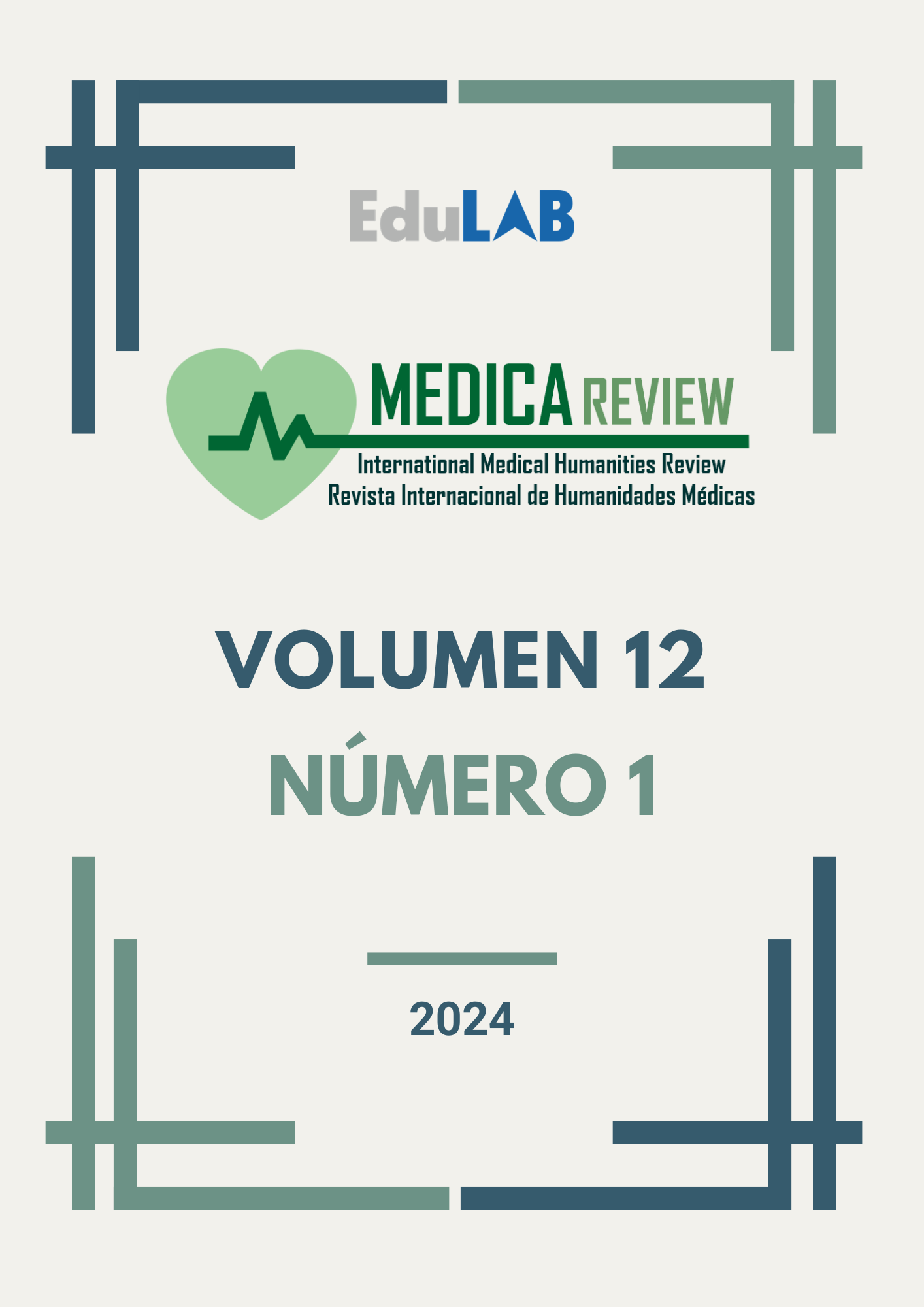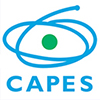Benefits of equine therapy activities on the health of children with disabilities. Analysis of parents' perceptions of a social assistance program
DOI:
https://doi.org/10.62701/revmedica.v12.5424Keywords:
Equine therapy, disability, overall health, parents' perceptions, access barriersAbstract
The study analyzes the benefits of equine therapy on the overall health of children with disabilities from their parents’ perspective, using a qualitative approach and phenomenological design based on 25 semi-structured interviews. The results reveal improvements in physical aspects (balance, posture, and coordination), emotional aspects (confidence, self-esteem, and anxiety reduction), and social aspects (interaction and communication). Parents highlight the emotional bond between the children and the horses as a key factor, although they face barriers such as high costs, the location of centers, and a lack of institutional support, which limit the continuity of therapy. It is concluded that equine therapy is an inclusive and effective intervention to improve the quality of life of children with disabilities and their families. However, it is essential to overcome economic and logistical barriers through public policies that subsidize and promote its accessibility and sustainability as a therapeutic tool.
Global Statistics ℹ️
|
613
Views
|
575
Downloads
|
|
1188
Total
|
|
References
Abalos, C., Echevarría, G., & Flores, M. I. (2022). Equinoterapia y estimulación de los dispositivos básicos de aprendizaje en niños con discapacidad intelectual [Tesis de licenciatura, Universidad del Gran Rosario, Argentina] https://hdl.handle.net/20.500.14125/353
Braun, V., & Clarke, V. (2006). Using thematic analysis in psychology. Qualitative Research in Psychology, 3(2), 77-101. https://doi.org/10.1191/1478088706qp063oa
Creswell, J. W., & Poth, C. N. (2018). Qualitative inquiry and research design: Choosing among five approaches (4th ed.). Sage Publications.
Hernández Sampieri, R., Fernández Collado, C., & Baptista Lucio, M. P. (2018). Metodología de la investigación (6a ed.). McGraw-Hill.
López, M., García, R., & Torres, A. (2022). Barreras de acceso a la equinoterapia en familias con recursos limitados. Revista Internacional de Terapias Asistidas, 8(2), 45-58.
Martínez, P., Rodríguez, S., & González, L. (2019). Impacto de la equinoterapia en niños con discapacidades motoras: Un estudio longitudinal. Journal of Rehabilitation Research, 15(3), 112-127.
Patton, M. Q. (2015). Qualitative research and evaluation methods (4th ed.). Sage Publications.
Pellitero, C. F., Kiwitt, G. I. y Gurini, V. (2006). Equinoterapia. Ciencia Veterinaria, 8(1), 72-73. https://cerac.unlpam.edu.ar/index.php/veterinaria/article/view/1918/1871
Pérez, J., & Martínez, A. (2021). Percepciones de los padres sobre la equinoterapia: Un enfoque cualitativo. Revista de Psicología Aplicada, 9(1), 76-88.
Restuccia, J. A. (2021). La equinoterapia como terapia complementaria en el tratamiento integral de niños y adolescentes con discapacidad del área metropolitana de Buenos Aires [Tesis de licenciatura, Universidad Abierta Interamericana, Argentina] https://repositorio.uai.edu.ar/handle/123456789/267
Ríos, C., & Gómez, E. (2020). Efectos de la equinoterapia en niños con trastorno del espectro autista. Journal of Autism Studies, 12(4), 55-68.
Román Ramírez, G. L. (2020). Efectividad de la equinoterapia en niños de 7 y 10 años con baja autoestima [Tesis de Licenciatura, Universidad Panamericana, Guatemala] https://glifos.upana.edu.gt/library/images/0/0f/Grescia_Liliana_Rom%C3%A1n_Ram%C3%ADrez.pdf
Saini, P. (25 de junio de 2023). ¿Cómo el trabajo en equipo multidisciplinario asegura mejores resultados de atención médica? Webmedy, Tecnología de la salud. https://webmedy.com/blog/es/how-multidisciplinary-teamwork-ensures-better-healthcare-outcomes/
Venegas-Mejía, C. P., Arguedas Pérez, G. M., Álvarez Niño de Guzmán, Y., Gallegos-Espinoza, D., & Esquivel-Grados, J. (2023). Desarrollo socioemocional con actividades de equinoterapia. Análisis de experiencias de niños(as) con habilidades diferentes. HUMAN REVIEW. International Humanities Review/Revista Internacional de Humanidades, 21(2), 389-399. https://eaapublishing.org/journals/index.php/humanrev/article/view/1740
Downloads
Published
How to Cite
Issue
Section
License
Those authors who publish in this journal accept the following terms:
- Authors will keep the moral right of the work and they will transfer the commercial rights.
- After 1 year from publication, the work shall thereafter be open access online on our website, but will retain copyright.
- In the event that the authors wish to assign an Creative Commons (CC) license, they may request it by writing to administracion@edulab.es









